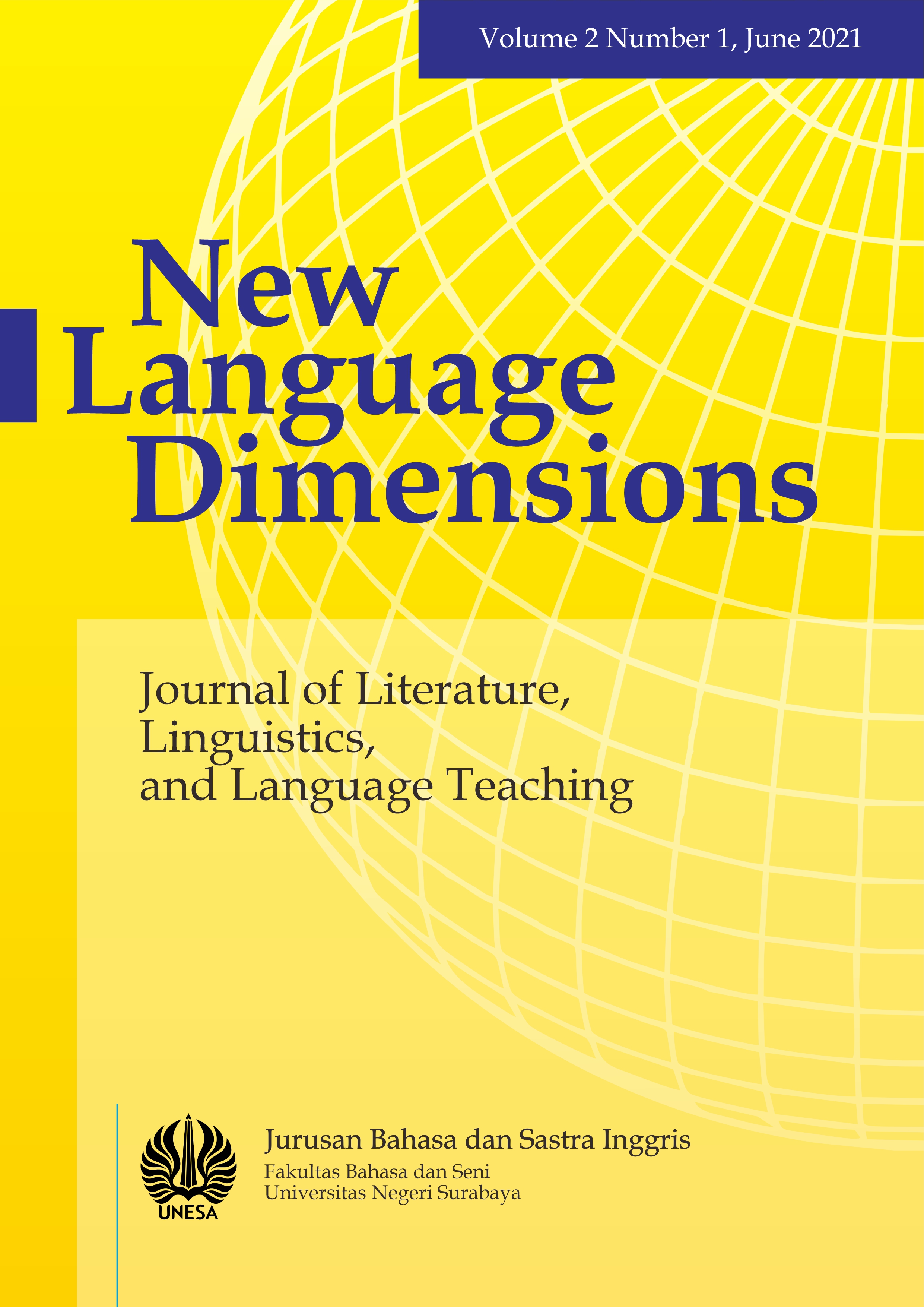The Study of Native Surabaya Young People Refusal Strategy in English
DOI:
https://doi.org/10.26740/nld.v2n1.p50-59Abstract
Refusal often ends in misunderstanding and even anger, so people organize and maintain their refusal to avoid face threats. The people of Surabaya use the native Surabaya language, which is known as an open and blunt language, so a rejection strategy is assumed similar to this characteristic. This thesis aims to analyze what types of refusal strategies of native Surabaya young people use and how they use them in English. It examines how respondents refused invitation, request, offer or suggestion in various situations. This is a qualitative study with 21 native Surabaya young people, the EFL learners completing a Written Discourse Completion Test or WDCT, which contains several scenarios based on power and social distance. Data were analyzed using SPSS and the results showed that although the respondents came from Surabaya, which is known for its outspoken speaking style, in fact only 12.6% respondents used the direct refusal strategy, conversely most respondents used indirect refusal strategy (79.7%) in expressing their rejection, while the least used strategy was Adjunct (7.7%). The respondents continued to use the indirect refusal strategies, even though they had more power and less closeness or have the equal power and closeness to the interlocutors.
Downloads
References
Downloads
Published
Issue
Section
 Abstract views: 386
,
Abstract views: 386
, PDF Downloads: 314
PDF Downloads: 314











